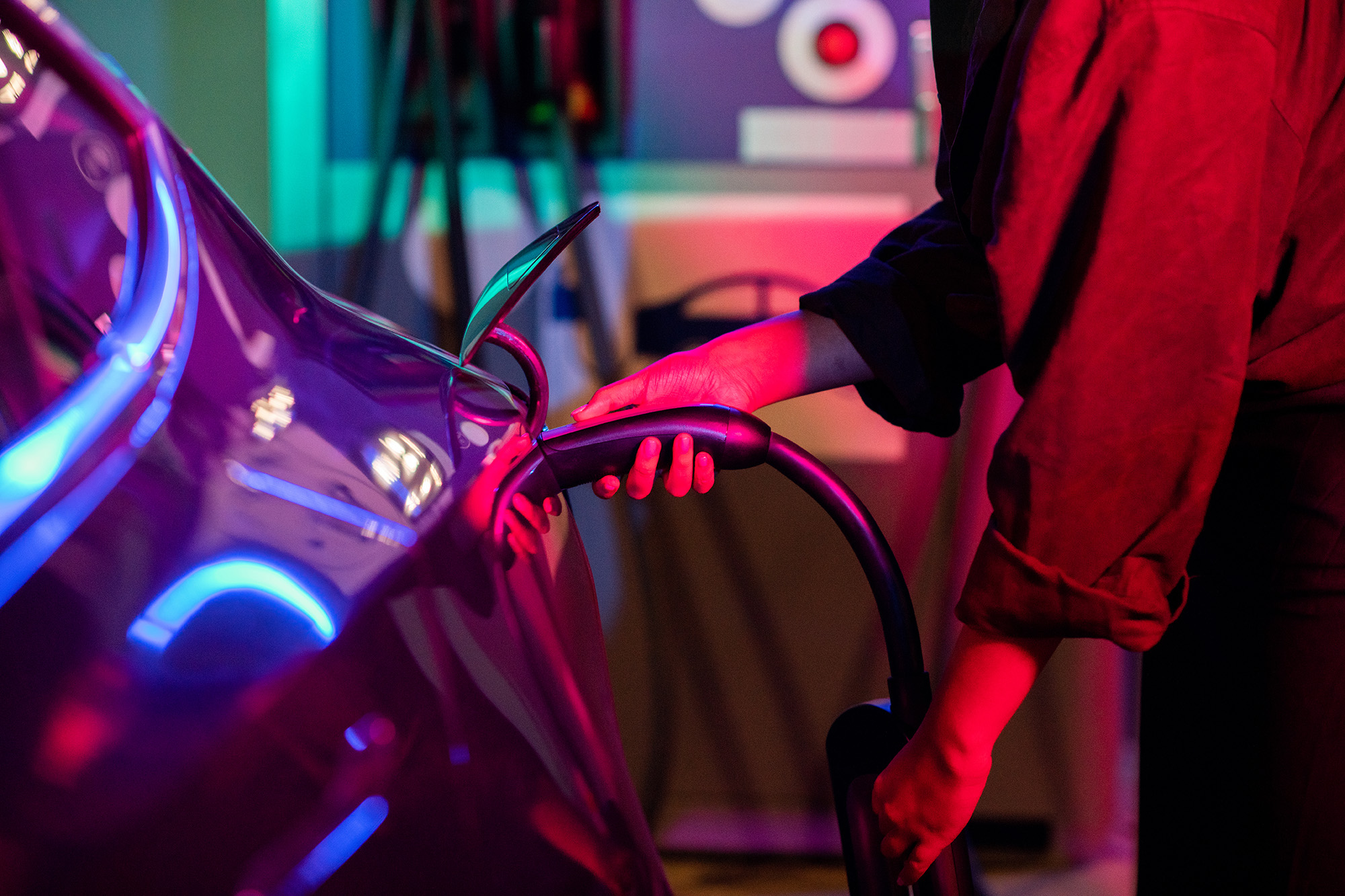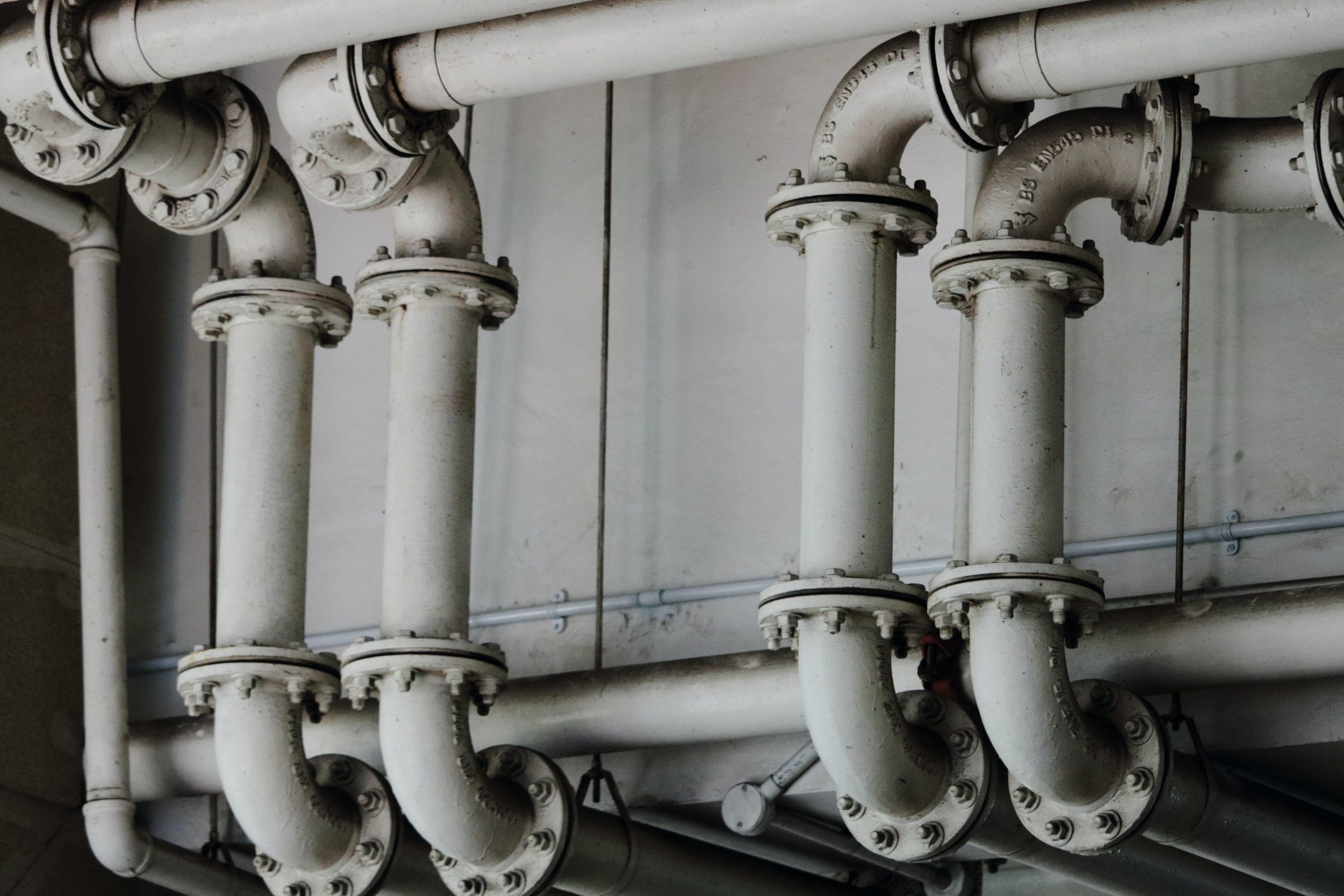BLOG CATEGORIES
SUBSCRIBE
FOR LATEST UPDATES
Sign up for our monthly newsletter with our latest offers,hot blogs and much more !


JOIN US
FOR CALL
Lets chat via skype to discuss your questions concerns, and project needs
TRENDING NOW
Making EVs Truly Green: Solutions in Production

This article is the first in a series about making EVs a truly green solution.
ARTÉMIA has been committed to sustainability and what are now called “green” practices since 2005, long before such terms were commonplace or trendy. We have remained committed to implementing such practices for ourselves and to encouraging the implementation of such values by our partners and clients.
Accordingly, we have long been advocates for the development and widespread adoption of electric vehicles (EV) and other zero-emission vehicles (ZEV), especially in high-population areas such as our home base of San Francisco, to reduce carbon emissions and increase air quality for residents, and ultimately contribute to the slowing – if not halting – of climate change.
Though they are virtually non-polluting when in operation, there are several factors that prevent EVs in particular from being truly green: the full environmental impact of their battery production cycle, including emissions from the transportation of raw materials and finished products; utility systems which continue to rely on coal-burning power plants to generate electricity; and the challenges of EV accessibility and affordability faced by many people.
Awareness of and engagement with these issues is steadily increasing in the public conscience, raising hopes that EVs will become the solution they are intended to be. Over our next three blogs, ARTÉMIA would like to highlight some of the efforts being made to address these issues as well as underline areas where more work is needed, a need that is only growing in urgency, and how we can help.
To start, let’s take a look at the production cycle of EVs and also the batteries they rely on.
The energy required to produce EVs is relatively high, resulting in these vehicles having a high embodied energy, or the sum of all the energy required to produce them. This includes raw materials extraction, assembly, and transportation. In fact, CO2 emissions related specifically to materials and EV assembly are higher than that of traditional vehicles. Though they ultimately have lower total negative impact that traditional cars, EVs could be significantly more eco-friendly if we innovate to lower their unexpectedly high embodied energy emissions.
One way to lower the impact of EVs is lightweighting, a process that makes products lighter by reducing the amount of material used to produce them. Using fewer materials reduces embodied energy during their entire production cycle. Approaches to lightweighting include substituting strong but lightweight organic materials for heavier, more traditional materials like iron and redesigning battery components with fewer heavy metals.
But it’s not just the weight of these vehicles. The environmental cost of extraction and transportation of the materials found in their batteries, as well as the lifecycle of the batteries, pose problems. EVs currently utilize lithium-ion batteries made from rare elements such as cobalt, lithium and nickel. The mining of many of these materials raise ethical and environmental concerns. Additionally, while nearly all lead batteries are recycled, few lithium-ion batteries are. According to some estimates, the rate could be less than 5 percent. This is in part because lithium-ion batteries can be costly and difficult to recycle.
Here are a few entities offering solutions to these challenges.
Aceleron
United Kingdom-based clean technology company Aceleron uses new technology to create what it claims are the world’s most sustainable lithium battery packs. “The reason why we have such a challenge today with reusing a lot of batteries is actually that many of them were not made with the next stage of their life in mind,” says Aceleron co-founder Carlton Cummings. Creating batteries that are easier to disassemble will encourage reuse and support a circular ecosystem, says Cummings. It also will create additional storage capacity as batteries could be repurposed to help store electricity at EV charging points.
ReCell
The U.S. Department of Energy’s ReCell Center is a collaboration of national laboratories, academia, and industry working to improve lithium-ion recycling techniques. It aims to make battery recycling profitable through recovery of high-value materials and designing processes to optimize yield, productivity and cost. The ReCell Center also hopes that using science-based strategies to create economical lithium-battery recycling could cut waste, create jobs and reduce U.S. reliance on foreign supplies of raw materials.
Li-Cycle
Li-Cycle describes itself as a closed-loop lithium-ion resource recovery company and hopes to create a circular supply chain by retrieving, recycling, and recirculating raw materials such as cobalt, copper and nickel from end-of-life batteries. The Canadian company claims that a cumulative worldwide total of 1.7 million tons of lithium-ion batteries reached their end of life in 2020. It projects this figure to rise to about 15 million metric tons by 2030. Li-Cycle uses hydrometallurgy, a leaching process in which lithium-ion cells are soaked in acids to dissolve the metals into a solution, recovering more than 95 percent of all raw materials found in lithium-ion batteries.
Forward Engineering North America LLC
Forward Engineering is working to design and manufacture lightweight components for use in EVs that are also safe, high-performance, and cost-effective. The company uses composite materials and both AI-based, simulation-driven design to maximize their efforts. They have recently been creating better battery compartments for EVs which not only reduce weight on their own, but also have a knock-on-effect of the lightweighting of the overall vehicle.
Technological Institute of Aragon (ITAINNOVA)
Engineers at the Technological Institute of Aragon (ITAINNOVA) in Spain are coordinating a new European Union initiative to develop lightweight components for electric vehicles. The goal of the project is to create multi-material production technologies that include recyclable resins and bio-based carbon fiber composites. “These technologies can directly contribute to improving vehicle efficiency in terms of [energy consumed during operation] … and also reduce environmental impact,” says Agustín Chiminelli, scientific coordinator of the project.
If you are a startup, firm, or multi-agency organization working to make EVs truly green, let’s talk. Our expertise and experience in diverse public outreach and partnerships, B2B and B2C marketing, and strategic communications are scalable to projects of all sizes. ARTÉMIA would love to be a part of the success of your solution. Get in touch at service@artemia.com.
You can get the latest blogs, communications tips and other news straight in your inbox. Please fill out the form below to subscribe to our newsletter.
see more...

The Importance of Corporate...
This article is the first in a series on incorporating water efficiency polici...
LEARN MORE
How to Establish a Corporat...
This article is the second in a series on incorporating water efficiency polic...
LEARN MORE
Updating Facilities with Wa...
This article is the third in a series on incorporating water efficiency polici...
LEARN MORE